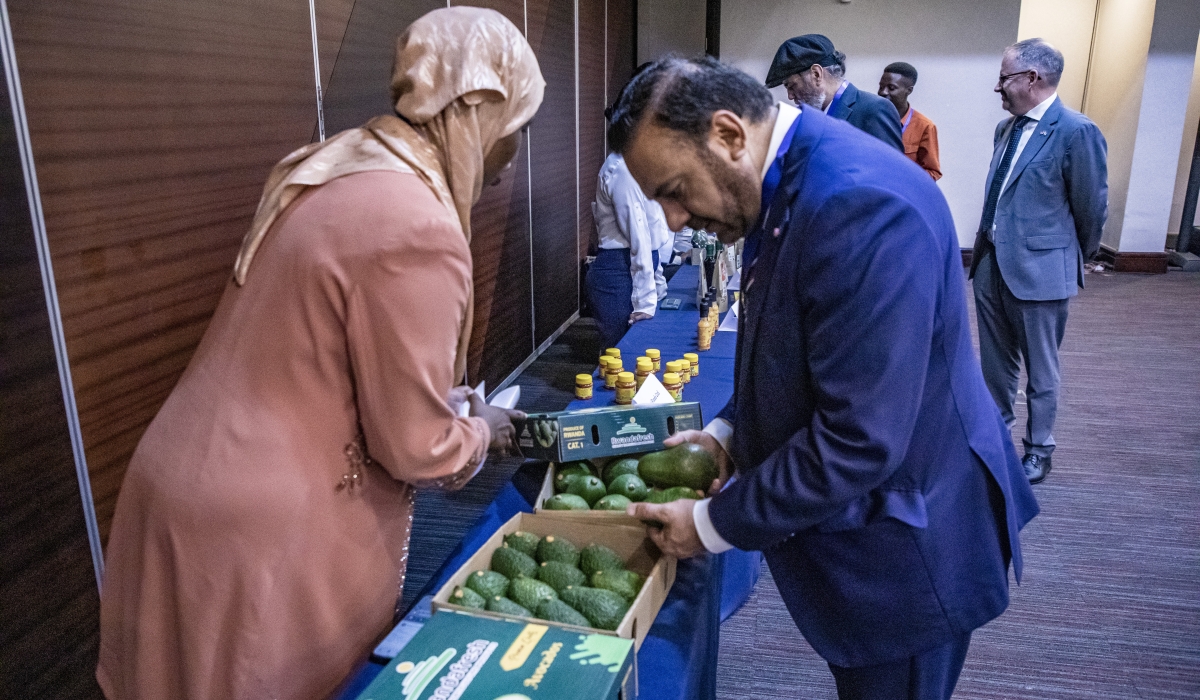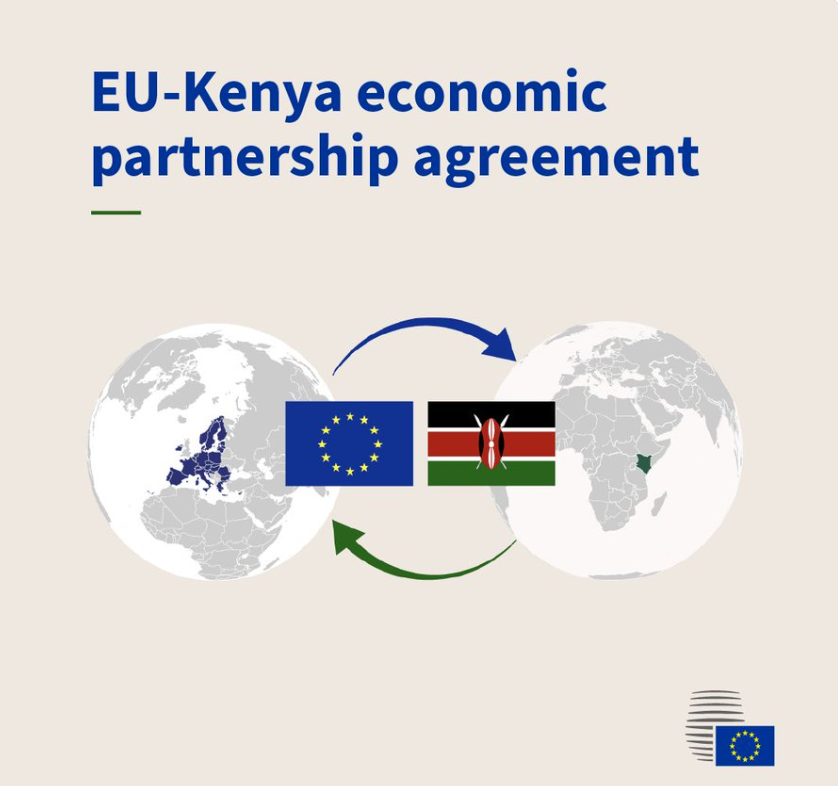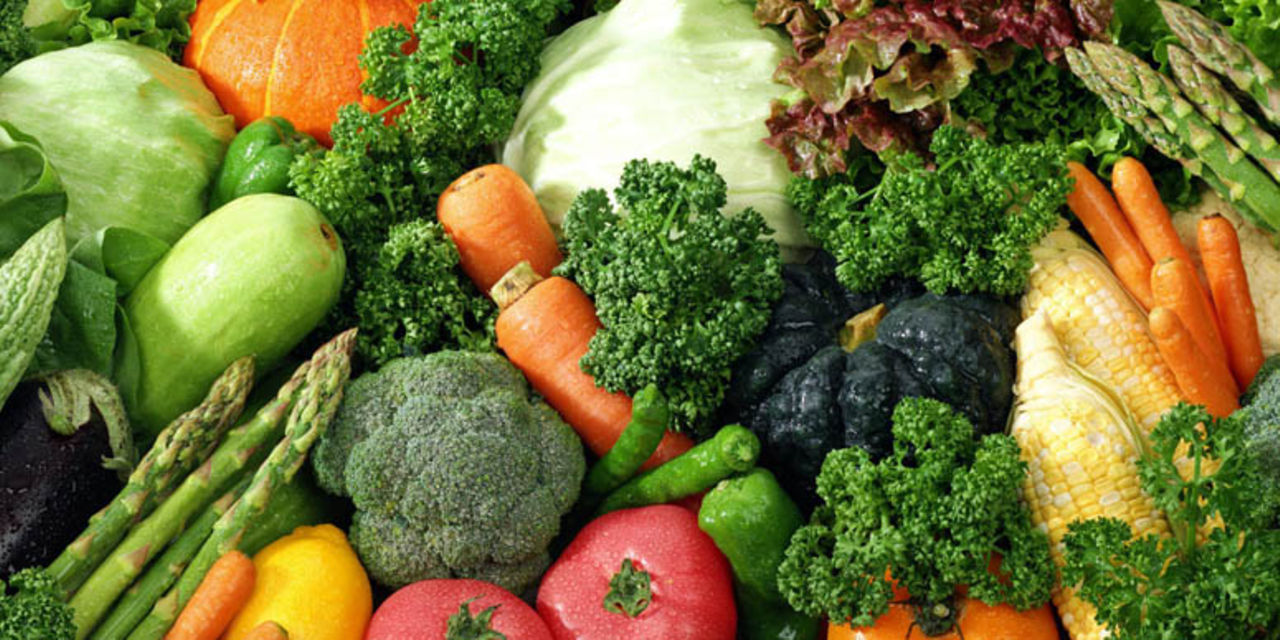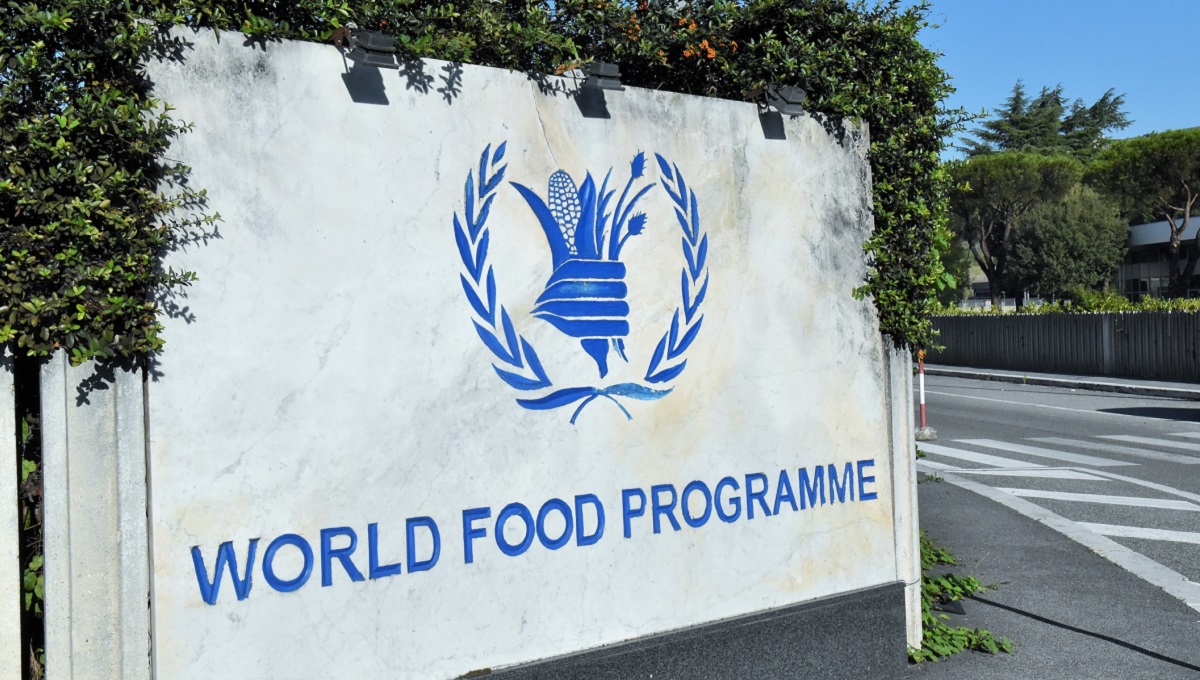On 23-25 March, the global freight and logistics industry experts gathered in Amsterdam, the Netherlands, for the second annual Smart Freight Week, hosted by Smart Freight Centre (SFC). That was a huge step towards greening Africa’s trade, featuring critical stakeholders like the Northern Corridor Transit and Transport Coordination Authority (NCTTCA), the Central Corridor Transit Transport Facilitation Agency (CCTFA), the Federation of East African Freight Forwarders Associations (FEAFFA), the Shippers Council of Eastern Africa (SCEA) and TradeMark Africa (TMA). The theme of the conference, “A Journey to an Efficient and Zero-Emission Logistics Sector,” underscored the alarming rise in greenhouse gas (GHG) emissions from freight activities along Africa’s major trade corridors. Despite Africa’s low global emissions, at less than three per cent, and relatively minimal per capita emissions, its rapid increase in emissions threatens its trade potential with the global market demanding environmentally friendly products and is an urgent call for immediate and decisive action. The continent is ranked third under the fastest-growing emissions category, as indicated by the Intergovernmental Panel on Climate Change (IPCC) in its “6th Assessment Report.” With freight emissions projected to double by 2050, driven by a tripling in global freight demand, reducing emissions is not a choice but necessity. Moral obligation The necessity is twofold: First, it is a moral obligation from global commitments like the 2015 Paris Agreement and a practical imperative for market access. Africa’s export markets, especially the EU, valued at €21 billion in 2021, are hungry for sustainably produced goods and services. This...
Greening Africa can lead to zero emission trade
Posted on: June 7, 2024
Posted on: June 7, 2024





















